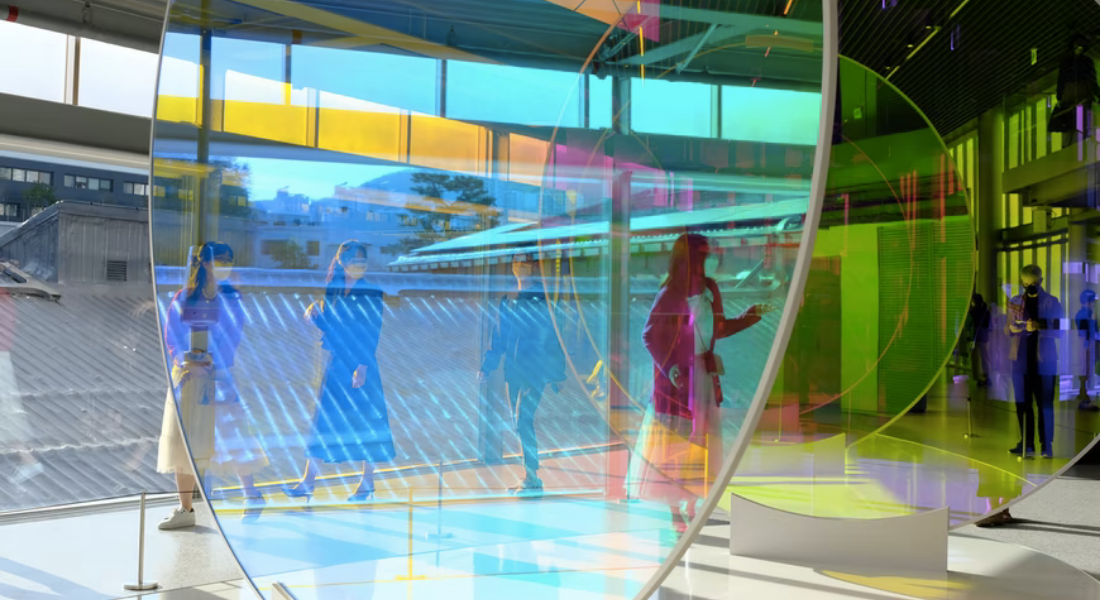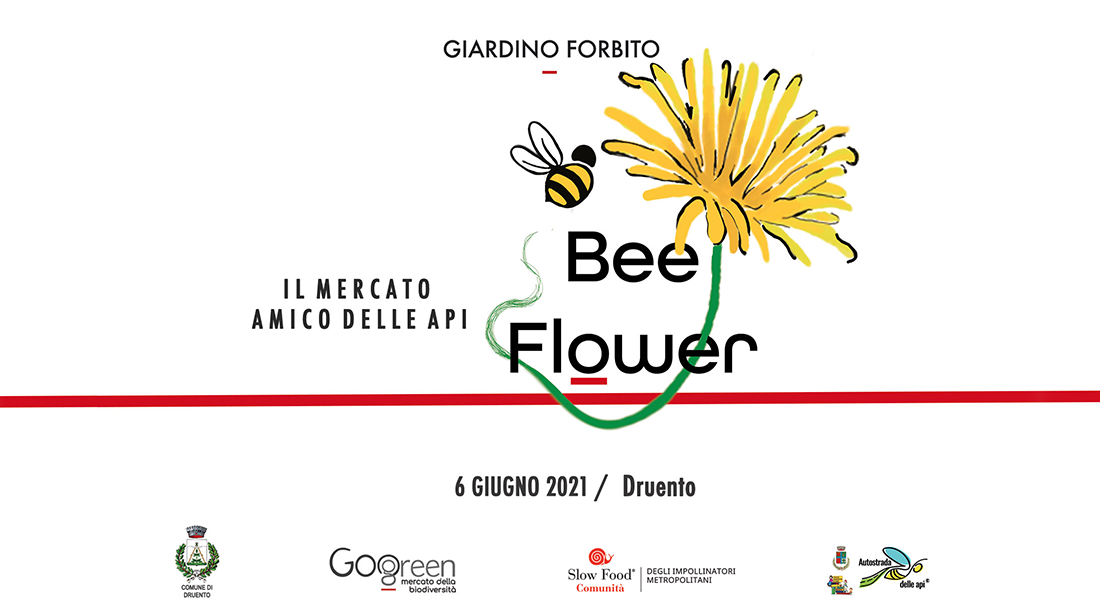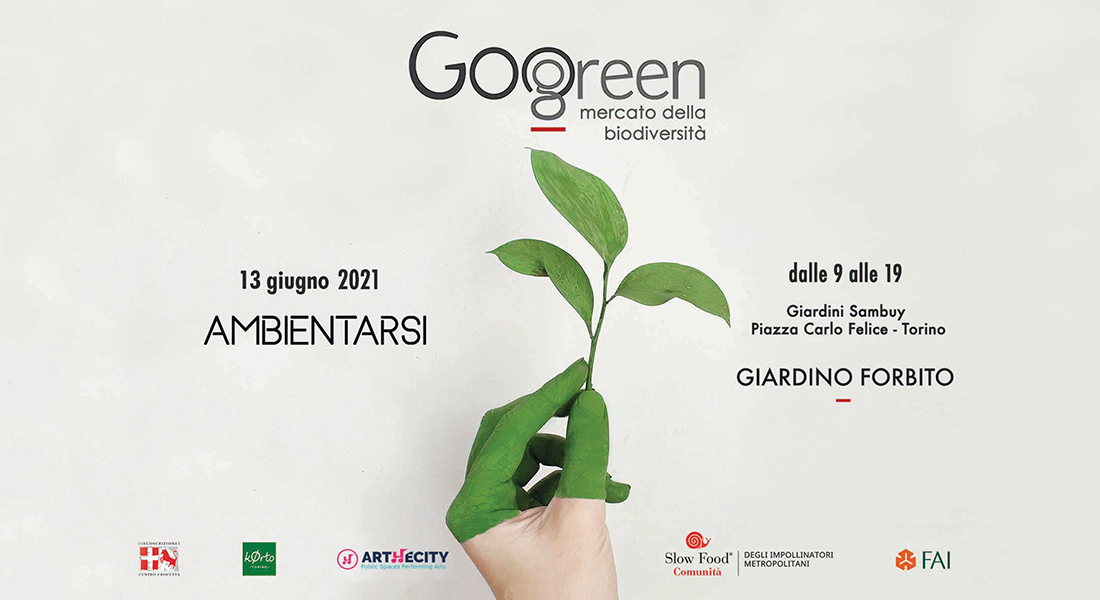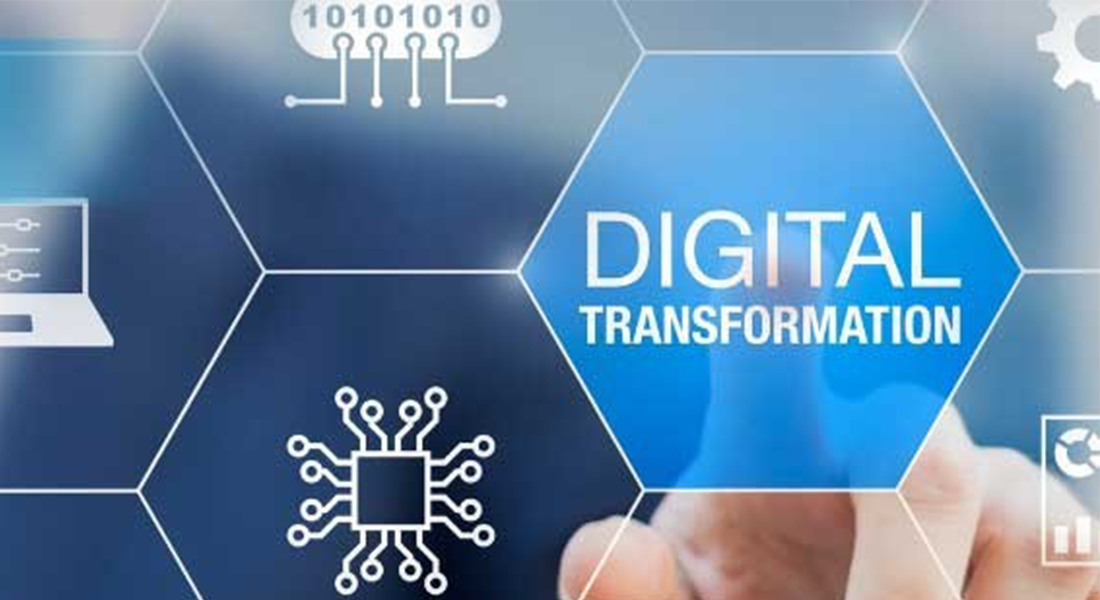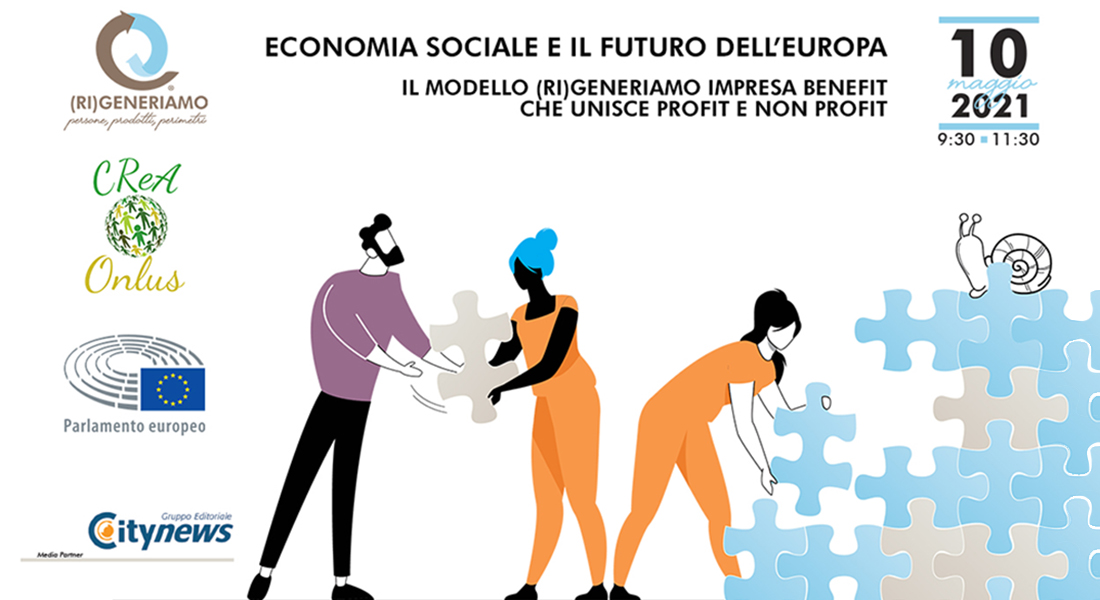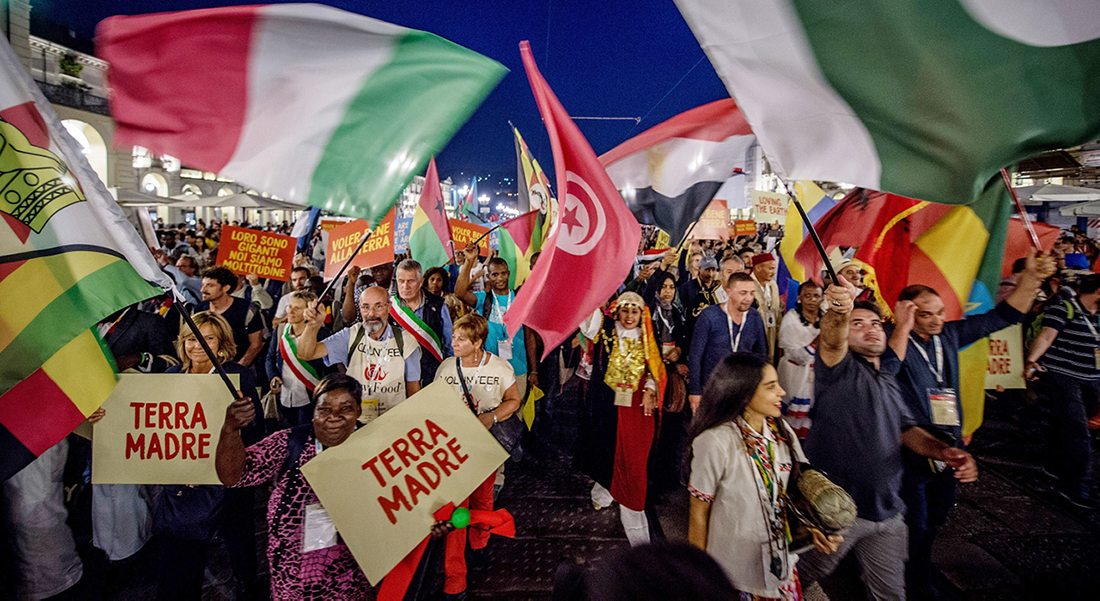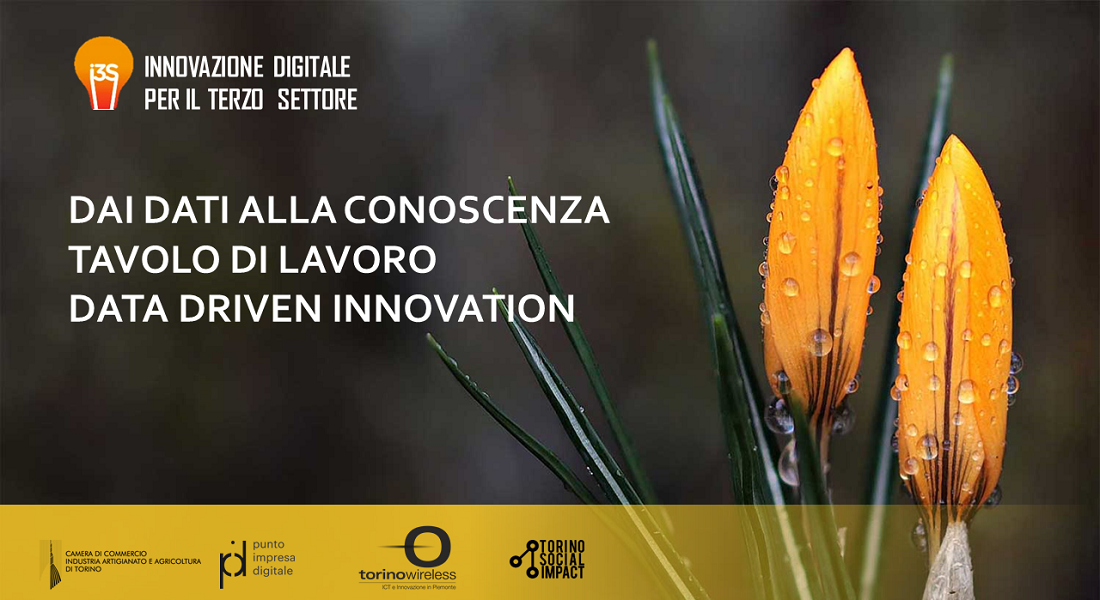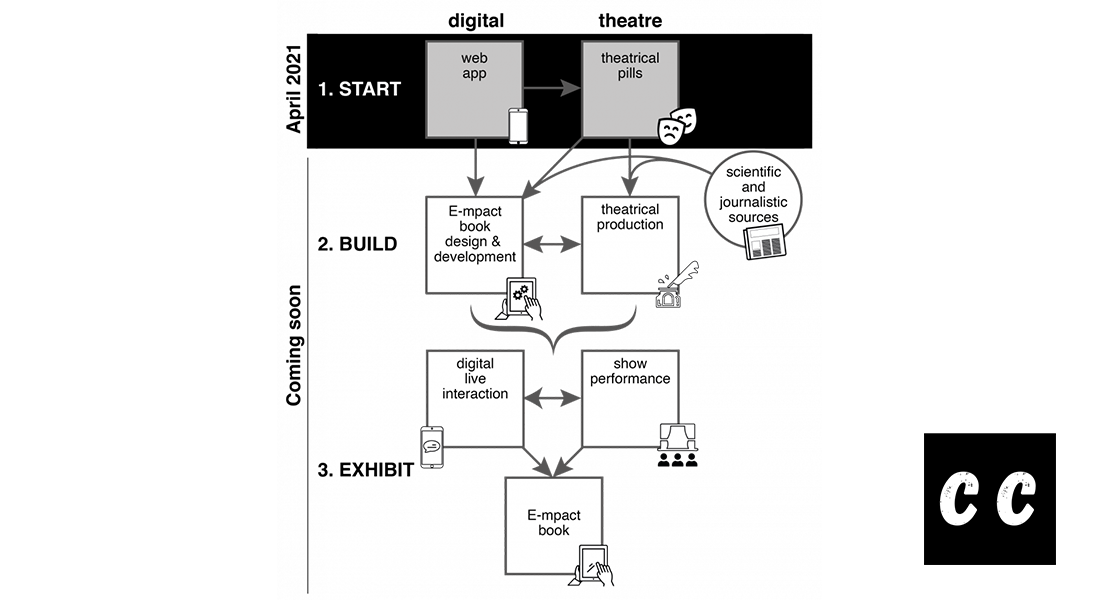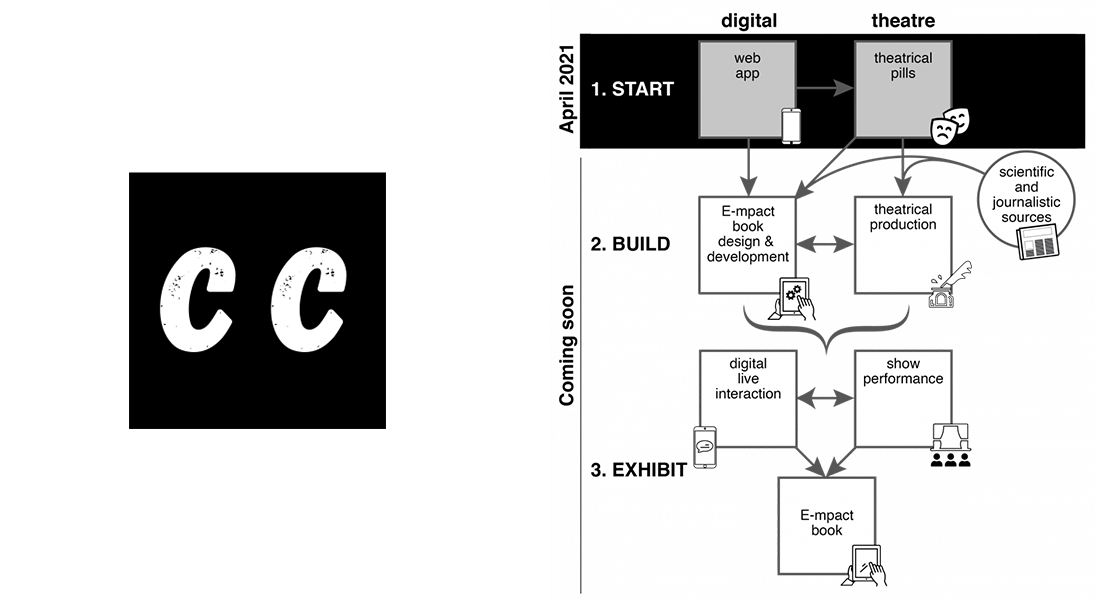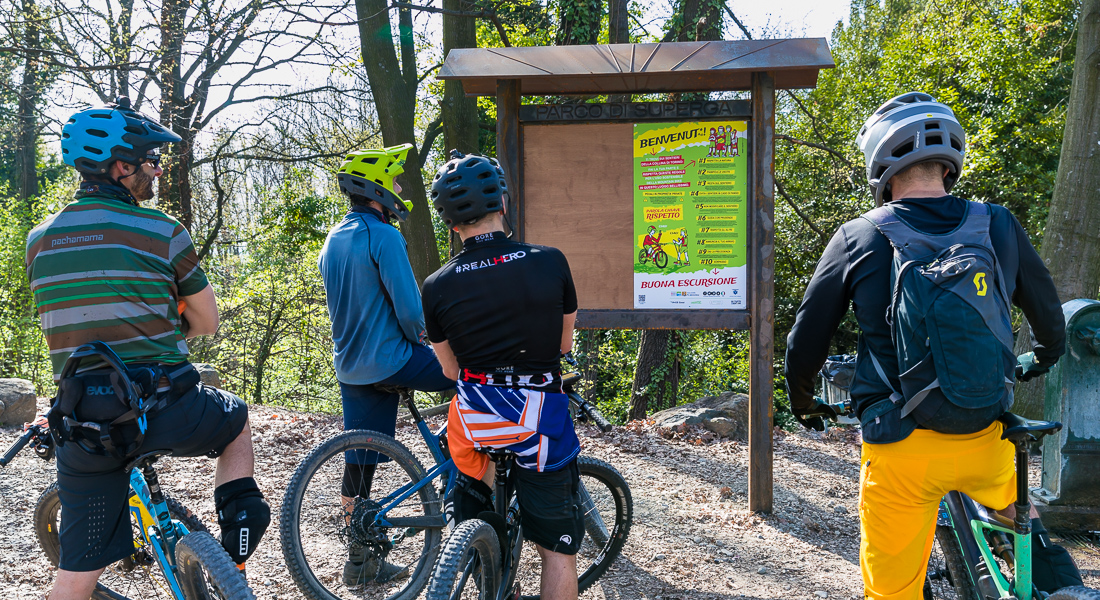Enhanced the network of Torino Social Impact actors and created the first Digital 4 Social chain in Piedmont
Strong involvement of third sector representative bodies and other institutions operating in the territory.
Launched with the challenging objective of setting up an acceleration model aimed at the digital and technological transformation of social enterprises and the voluntary sector, the first year of the I3S project ended in July 2021.
Activities performed
The following activities were implemented as part of the project:
- Mapping of market solution providers, with detailed fact sheets: analysis of the national ICT ecosystem, looking for those market players offering technological solutions and services compatible with the digital transformation needs of the Third Sector.
- Implementation of the Digital4Social value chain with the ICT Innovation Cluster, which brings together technology solutions dedicated to the third sector. Explore the solutions of the Digital 4 Social Value Chain
- Mapping of services for the third sector already put in place and activated first and foremost by the Stakeholder Group referents
- Digital Innovation Survey for the third sector to map the digital needs of ETSs
- Catalogue of themes and contents available in free format and realisation of some Reskilling and Capacity Building modules on digital competences to be realised also through webinars and digital pills
These activities were carried out through the development of joint working tables with the various actors and the constant presence of the Innovation Managers of the third sector organisations and the coordination of the Stakeholder group involving the main territorial organisations such as Torino social Impact, Confcooperative Piemonte Nord, Legacoop Piemonte and VOL.TO volontariato Torino.
The numbers of co-design
- 4 Working tables with more than 50 people involved from ETS and ICT
- 12 hours of active discussion
- 14 types of technological solutions and tools and 13 highly innovative solutions presented
- Over 300 ideas expressed by participants
- 16 project ideas formulated in the Idea Bank
Results
The co-design activity made it possible to formalise the Idea Bank with 16 project ideas in response to the digital transformation needs of the Third Sector. These ideas can be divided into three types:
- Ideas with currently available solutions: Digitisation of paper, impact assessment dashboard, Social Relationship Management system, Social Bot, Telemedicine, Map of projects and best practices
- Innovative ideas for service delivery: Home care delivery, Voice assistant for seniors, Digital Twin for reception, Co-production of services
- Innovative ideas for the organisation: Application for volunteers, Discord Torino for Social, Social challenge platform, Social supply and demand exchange platform, Impact measurement platform, Blockchain social ecosystem
The project also identified a number of good practices and recommendations. First of all, it is necessary to invest in innovation management skills, acquiring expertise and qualified personnel. Furthermore, it is important to develop new hybrid professional figures, who are able to combine humanistic and polytechnic skills. Still on the subject of training, the need emerged on the one hand to train in innovation, strategic approach and change management, and on the other hand to train and update the skills of all staff from a digital perspective, preparing them to use new operational tools. Other elements of particular attention concerned the need to foster exchange groups, both within and outside the organisation, to define process monitoring metrics from the outset (in correspondence with the definition of objectives), to compare experiences within and outside the usual network of actors.
At the same time, some transversal digital needs emerged:
- promote the adoption of broadband infrastructure to ETSs, organisations and RSAs in the territory;
- design software solutions and architectures that are flexible and easily adaptable to new needs;
- adopt more modern UI / UX, easy to understand and use for non-digital native users;
- increase integration and interoperability between solutions;
- modernise processes and tools with a view to Welfare 4.0 by enabling automation of the most repetitive tasks;
- increase dialogue to foster the creation of new tenders in a participative manner;
- having data available to be analysed and respond to the specific needs of particular minority but relevant categories or social contexts.
Next steps
The reflections developed during the project will be the starting point for the development of activities in the second year (April 2022-2023). In particular, the partnership aims to accompany digital innovation with respect to three innovative ideas selected by the Bank of Ideas, to test new models of sustainability, accelerate awareness and capacity to govern digital transformation, and consolidate networking activities.
I3S benefits from the contribution of the Torino Chamber of Commerce, is led by Fondazione Torino Wireless, which enables its network of enterprises and experts, and is designed and implemented in collaboration with the representative bodies that are members of the Social Entrepreneurship Committee.


